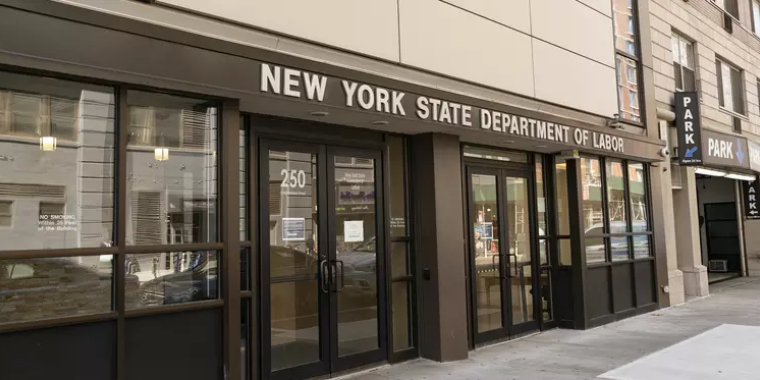
Senator Flanagan Working To Expand And Enhance New York State Dna Database
Senator John Flanagan (2nd Senate District) announced today that legislation he sponsored to expand the New York State DNA database to include samples from every person convicted of a crime has passed the Senate. The legislation will also improve the methods for collection and preservation of DNA evidence and extend the statute of limitations for cases based on DNA evidence.
This follows the Senate lead expansion of the databank last year to include samples from people who are convicted of a felony or one of eighteen common misdemeanors. That legislation, which was signed into law by Governor George Pataki, expanded the reach of this important crime fighting tool.
Senator Flanagan’s legislation would strengthen this law by mandating that authorities collect DNA from every person convicted of a crime, as well as individuals on probation, parole supervision or registered as sex offenders.
According to the New York State Division of Criminal Justice web site, the New York State DNA Databank is a computerized collection of DNA descriptions or "profiles" derived from DNA samples. The DNA Databank is maintained at the New York State Police Forensic Investigation Center in Albany.
The NYS DNA Databank became fully operational in April 2000 and is part of a national system called Combined DNA Index System or CODIS. The primary function of the NYS DNA Databank is to maintain DNA profiles of convicted offenders that can be used by law enforcement to identify a perpetrator of a crime when DNA evidence is retrieved from a crime scene.
This legislation will also further increase the impact of the DNA database by extending the statute of limitations for DNA cases. Since DNA evidence is considered the most effective technique for identifying the perpetrator of a crime and the fact that a DNA sample found at a crime scene remains incredibly accurate, regardless of how much time passes, this extension of the statute of limitations provides a critical way of utilizing the database.
The bill also includes several provisions to expand the scope and effectiveness of DNA collection by:
>Expanding the application for DNA collection to cover all convictions, including various misdemeanors, youthful offenders and registered sex offenders, in order to increase the utility of DNA in solving future crimes;
> Specifying the public officers responsible for collecting DNA samples from defendants to ensure that every person convicted of a crime has their DNA collected and added to the databank;
>Developing guidelines for the collection and preservation of DNA samples to establish effective and consistent practices whenever DNA is collected; and
>Enhancing the rights of criminal defendants by allowing them to apply for DNA testing before their trial begins and in cases where they have previously pleaded guilty. The bill also expands the scope of a defendant‘s application to include a comparison between crime-scene evidence and DNA databanks.
"DNA evidence is so effective and useful for law enforcement that it is simply commonsense to expand the database. This is a tool that has proven effective in both finding those who commit crimes and also for proving the innocence of those who are wrongly accused. We took a step forward last year by expanding the database and this legislation will take this extremely useful tool one step further," stated Senator Flanagan.
The bill was sent to the Assembly for further action.
TO SEND AN E-MAIL TO SENATOR FLANAGAN, PLEASE CLICK HERE.
IF YOU WOULD LIKE TO RECEIVE REGULAR UPDATES FROM SENATOR FLANAGAN, PLEASE CLICK HERE.



